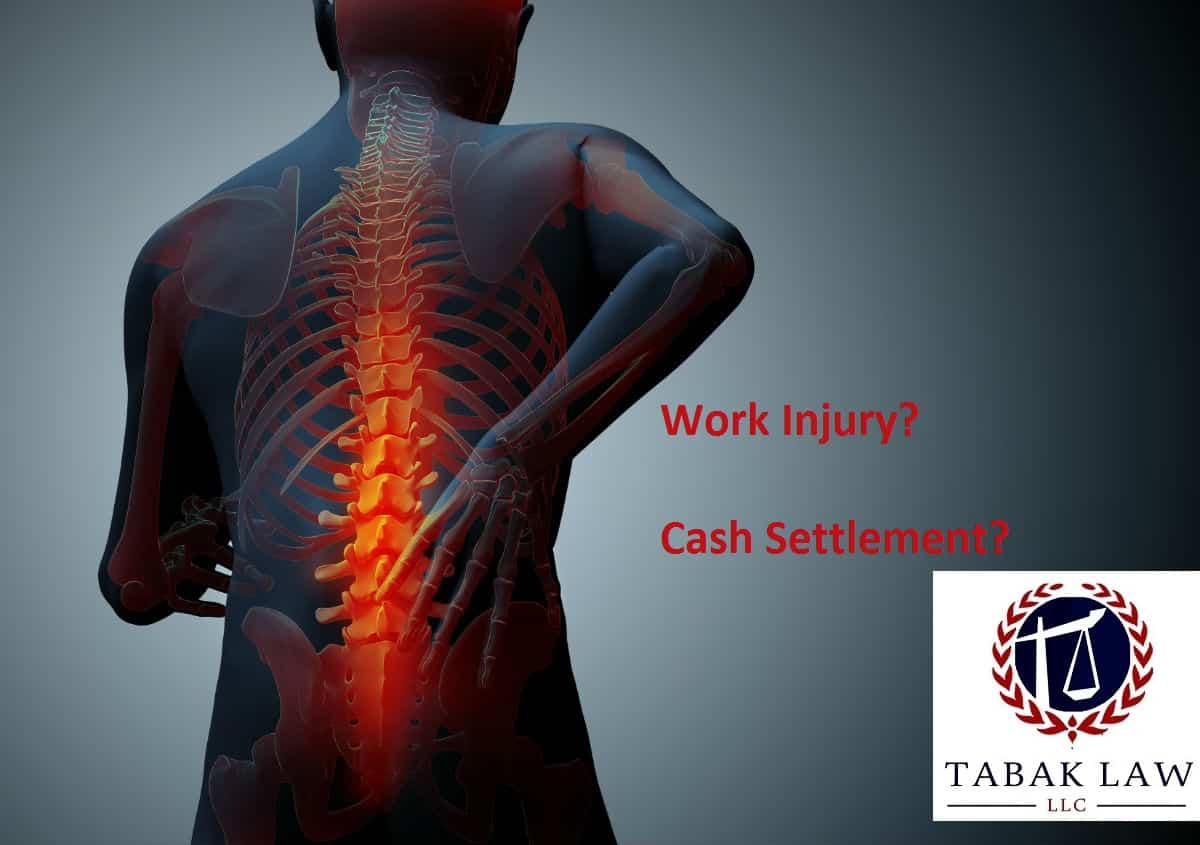Since March 2, 2016, worker’s compensation law added an additional provision that temporary total and temporary partial disability can be denied if the injured worker was terminated for misconduct or substantial fault. This change was initiated because employers did not want to continue temporary disability or lost wages benefits for an employee that they discharged under misconduct or substantial fault after they were injured. This is a change that has limited the worker’s compensation’s Brakebush doctrine, which stated that “an injured employee who is terminated is nonetheless entitled to disability benefits because the employee continues to be limited by the work-related injury.” Brakebush Bros. v. Labor & Indus. Review Comm’n. 210 Wis. 2d 623, 635 (Wis. 1997).
Worker’s Compensation law in Wisconsin addresses misconduct and substantial fault that occurs post injury and would affect the lost wages portion of your worker’s compensation case.

Wisconsin’s Top Worker’s Compensation Law Firm
What is Misconduct?
Misconduct is a concept from unemployment law that was incorporated by reference into worker’s compensation. Wisconsin Statute § 108.04(5) states that misconduct is “one or more actions or conduct [showing] such willful or wanton disregard of the employer’s interests as is found in deliberate violations or disregard of standards of behavior which an employer has a right to expect of his or her employees, or in carelessness or negligence of such degree or recurrence as to manifest culpability, wrongful intent, or evil design of equal severity to such disregard, or to show an intentional and substantial disregard of an employer’s interests, or of an employee’s duties and obligations to his or her employer.” The statute points out some specific instances of misconduct.
- Knowing violation of drug or alcohol policy.
- Theft of the employer’s property or services.
- Being convicted of a crime or civil forfeiture.
- An act or threat of harassment or physical violence at work.
- Absenteeism (may vary depending on company policy).
- Falsifying business records.
- Intentional violation of standard or regulation of the government (local and otherwise).
Wisconsin Statute § 108.04(5)(a)-(g).
What is Substantial Fault?
Substantial fault is a concept from unemployment law that was incorporated by reference into worker’s compensation. Wisconsin Statute § 108.04(5g)(a) states that substantial fault is “acts or omissions of an employee over which the employee exercised reasonable control and which violate reasonable requirements of the employee’s employer but does not include any of the following:
- One or more minor infractions of rules unless an infraction is repeated after the employer warns the employee about the infraction.
- One or more inadvertent errors made by the employee.
- Any failure of the employee to perform work because of insufficient skill, ability, or equipment.”
I was terminated from my job for poor performance while I was working and injured, will I get lost wage benefits?
This will depend on the frequency, seriousness and the injury relatedness to the poor performance. An injured worker that was terminated for poor performance and being slow on his job after suffering a work related a hernia which, limited his performance even with light duty restrictions, LIRC found that the injury hindered the performance. LIRC Decision 2005-015827. Employers cannot terminate employees that are just accident prone or use that as part of the termination reasoning. Great Northern Corp. v. Labor & Indus. Review Comm’n. 189 Wis. 2d 313, 320 (Ct. App. 1994).
I was terminated from my job for too many absences, will I get lost wage benefits?
The answer is that it would depend on the reasons for the absences. If the dates of reported absences include dates that the injured employee was out on doctors’ orders or treatment then the benefits could be allowed. In cases where injury related absences were included in the termination rationale lost wage benefits were allowed. LIRC Decision 2002-044546.
What situations have benefits been denied?
Lost wages benefits have been denied in cases that fall more neatly into the definitions of misconduct and substantial fault. Benefits were denied for an employee that consistently break company safety rules (before and after the injury). LIRC Decision 2001-018971. This would fall under the substantial fault category. Benefits were denied when an injured worker threatened to kill their coworkers. Id. This would fall under the misconduct category.
What should you take away?
First, if the injury is a part of the rationale for termination, then wage loss benefits should continue.
Second, if the reason for the termination fits into the definitions of misconduct or substantial fault the benefits will be denied.
Third, if you are not sure if your termination would fit into misconduct or substantial fault or believe that the main cause of the termination is because of your injury you should consult Tabak Law at 414-351-4400.
-Hannah Zacharias, Esq.
